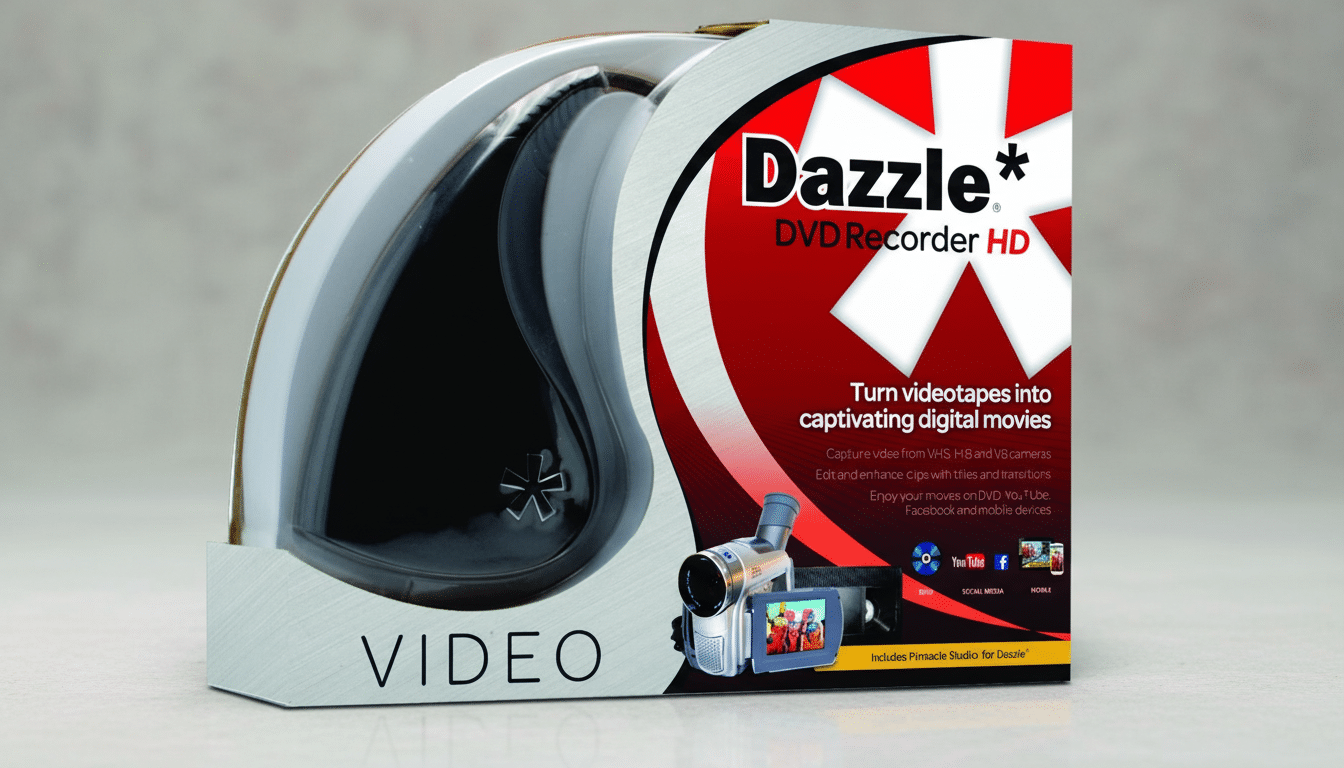Marissa Mayer is winding down Sunshine, the consumer software startup she co-founded in 2018, and moving its assets to a new company called Dazzle. The deal unites her team and technology into a new effort to develop an AI personal assistant, according to reporting that was first reported by Wired and confirmed by people familiar with the transaction.
Sunshine Fades As Resources Shift To Dazzle
Intellectual property and product stack of Sunshine will be sold to Dazzle, with employees moving over to Dazzle, matching talent and code under one roadmap. Most of the company’s investors, including Norwest Venture Partners, Felicis and SV Angel, have also indicated they are on board with the deal, according to multiple accounts. Sunshine, which was centered on productivity and consumer utilities, will officially shutter after the asset sale has been finalized.

It ends a six-year stretch that kicked off with Sunshine Contacts, its subscription app for cleaning and enriching address books. It caught on with power users, but hit a wall with mainstream consumers concerned about spreading sensitive contact data. Sunshine later added features for event planning and sharing photos with a touch of AI, but the uptake was not overwhelming. On Android, its apps had registered only about a thousand downloads, reinforcing the distribution and trust barriers for data-heavy consumer utilities.
Inside Dazzle’s Bet On AI Personal Assistant
Dazzle is supposed to be focused on an AI assistant that works across email, calendars, contacts and documents—less of a chatbot and more of a task-serving agent. The opportunity is clear: consumers need assistance to ensure they have a service that proactively finds and schedules meetings, drafts responses in context with the user’s schedule, and mitigates double scheduling. But it’s a high bar. Success demands a combination of deep integrations, long memory, strong privacy guarantees and a polished user experience that can compete with the native tools of platform owners.
Market timing is beguiling and brutal. If you look at OpenAI’s assistant capabilities, Google’s Gemini in Gmail and Calendar, Apple’s soon-to-be-announced upgrade to Siri via Apple Intelligence, Microsoft’s Copilot—you will find everyone marching towards that direction. Independent companies have a lane if they can move faster, specialize or provide better privacy controls. The rigid failure of high-profile gizmos like Humane’s AI Pin and Rabbit’s R1 underscored a big lesson: Customers reward assistants that “live” inside the apps they already use — not in stand-alone hardware or shallow wrappers.
Investors, Funding and the Mayer Factor at Play
Sunshine raised about $20 million in 2020 and, according to Mayer’s account of it, relied heavily on self-financing. That gives Dazzle a foundation of experienced engineers and data-processing pipelines tailored to personal information — assets that can cut time-to-market for an assistant. Sunshine’s backers’ willingness to underwrite the transfer is a bet on continued faith in Mayer’s product instincts, and an admission that the assistant category has since become too big for Sunshine’s original purview.
Dazzle is entering a sector that is attracting significant investment. IDC forecasts global spending on generative A.I. will spike through the middle of the 2020s, and McKinsey estimates that generative A.I. could contribute $2.6 trillion to $4.4 trillion in annual economic value across use cases. Those macro tailwinds are lifting “agentic” software — tools that not only generate text, but take actions the way a human would.

Why Sunshine Didn’t Break Out With Consumers
Contact management is a deceptively thick wedge. It requires wide latitude in permissions, sync with multiple accounts and constant deduplication — things that make users jittery and often rely on near-perfect precision to earn trust. The pivot of Sunshine into events and photos had broadened its appeal, but it diluted the focus of the brand. In consumer software, that threshold for habitual use is brutal: The app has to be indispensable multiple times a week, not just fun to remember occasionally.
Dazzle’s assistant thesis hits on a more obvious pain point: Time. Once an AI is consistently capable of queuing up a schedule, organizing the inbox and preparing materials for meetings in lieu of assistants, then its creators get daily engagement and can demand payment. The problem is: how do you differentiate in a field where incumbents have placement by default on phones and computers — and where enterprise deployments tend to come with assistant services rolled up, automatically, with email and productivity suites?
What It Means for Users and What to Watch Next
Sunshine has not announced public shutdown details or data migration, nor has Dazzle specified consumer availability or pricing. You can expect notification about the wind-down of accounts and export functionality similar to other service closures. With such intimate access to our contact and calendar data, transparent communication on data handling will be key to winning users back into the fold under its new umbrella.
Key signals to watch:
- If Dazzle ships as a mobile-first or email-integrated agent
- The strength of integrations into Google and Microsoft ecosystems
- How the company frames privacy — on-device processing, limited data retention, and transparent controls around one’s data — which could be make-or-break factors
- Partnerships with carriers, device makers, or productivity platforms, signaling that its go-to-market isn’t app store discovery alone
Mayer’s move is a classic Silicon Valley playbook — retire the product that has seen its ceiling and redeploy the team in service of a bigger swing. If Dazzle can turn those infrastructural learnings of Sunshine’s into a trusty action-taking assistant, it could make some room for itself even in the noisy space. In a world where distribution and trust are king, it’s execution that will decide whether Dazzle can unlock the scale Sunshine never really achieved.

